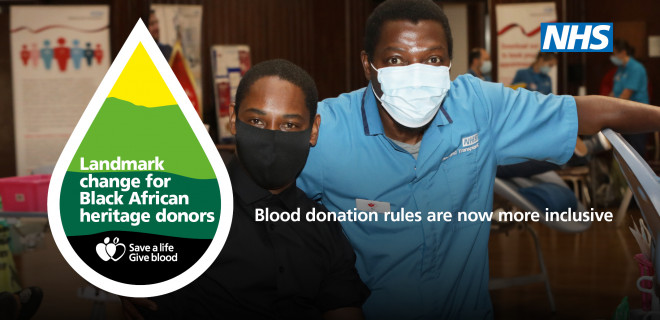Although HIV can affect anyone, Black communities in the UK experience a disproportionate burden of the virus. Over the years, HIV stigma has been fuelled by racism, and it is Black communities that have stood up against that stigma – playing a central role in our HIV response. Our incredible speakers use their voices to challenge stigma and share their experiences of living with HIV – they literally stand firm in power and pride.
This Black History Month, four Positive Voices speakers reflect on the Black heroes who inspire them most – people whose courage, creativity and determination have helped shape their lives and their work.
LeaSuwanna on Professor Faye Ruddock
I first came across Professor Faye at a Black Nurses and Midwives event, where she shared her story of growing up in a Caribbean household, moving to the UK, finding out she’s neurodivergent, raising her kids and the challenges she’s faced along the way. She was told so often ‘you can’t do this’, but today she is a professor, a leader, and a driving force for change in maternal health. She founded the Caribbean and African Health Network, which is working to address long-standing health inequalities.
Her story struck a chord with me because I’ve often been told ‘you can’t do that’ too. Seeing her prove people wrong, while also raising children and advocating for Black women in healthcare, makes me believe in pushing forward no matter the obstacles. She hasn’t just climbed her own path – she’s making it possible for others to follow.
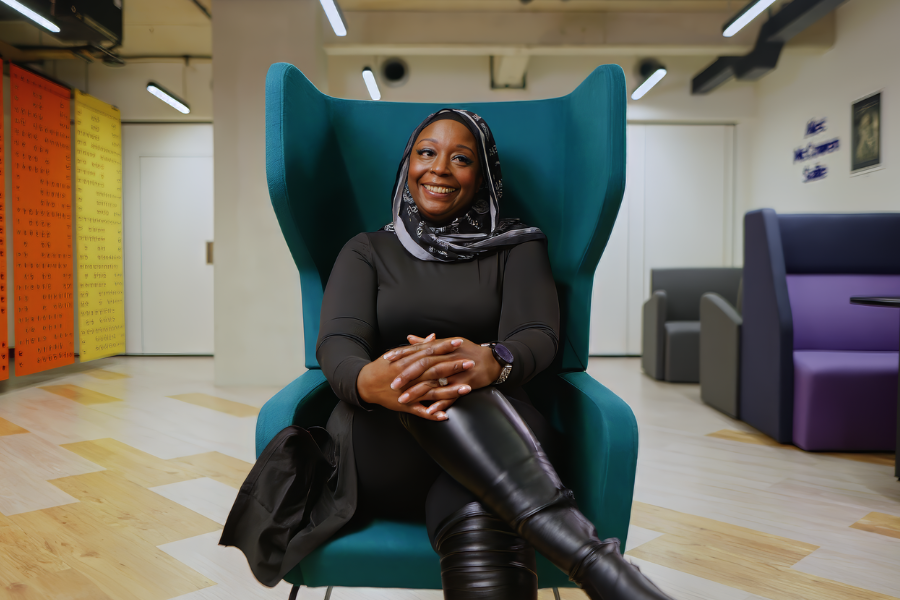
Pank on Maya Angelou
When I think about heroes, the poet Maya Angelou is the one that comes to mind. I remember holding Still I Rise in my hands and feeling like she was speaking directly to me, reminding me that no matter what the world says, no matter how heavy the shame feels, I am still worthy.
That reminder means a lot to me when I think about HIV. I’ve seen how stigma can make people shrink into themselves, afraid to speak or be seen. I’ve felt how silence can weigh heavier than the diagnosis itself. But Angelou’s voice cuts through that silence. She says: You are more than their whispers. You are more than their judgment. You rise.
Maya Angelou is a hero to me because she didn’t just survive. She transformed survival into song, into poetry, into a gift for all of us. She taught me that healing begins when we stop hiding, and every day I think about what it means to love openly, to fight stigma, and to rise.
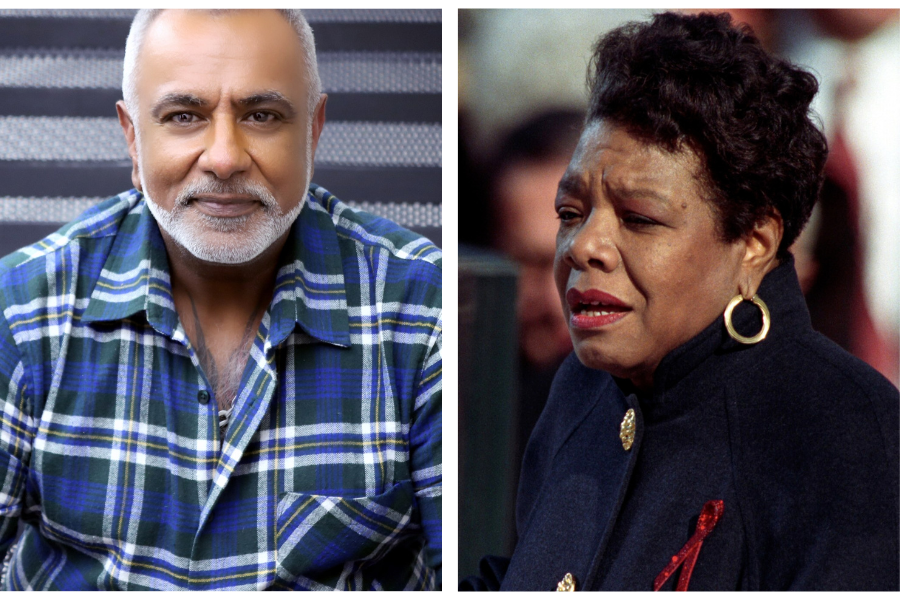
Stephen on Angelina Namiba
I first met Angelina about seven years ago, when I heard her speak at an event. Soon after, I joined the Joyful Noise choir, and there she was again. From that moment, we became friends as well as colleagues, working side by side on talks and projects.
What inspires me most about Angelina is her openness and honesty as a speaker. She has a way of connecting with people that draws them in and makes them feel part of her story. Watching her gave me the confidence to start telling my own story, and that’s had a huge impact on my life.
One of my proudest memories with her was when our choir performed on ITV’s Britain’s Got Talent. We were the first choir of people living with HIV to appear on the show, and I remember sitting backstage with Angelina, holding hands, and thinking: we did this. That moment of pride and visibility is something I’ll never forget.
Angelina is a hero to me because she shows what it means to use your voice: to educate, to inspire, and to break down stigma just by being unapologetically yourself.
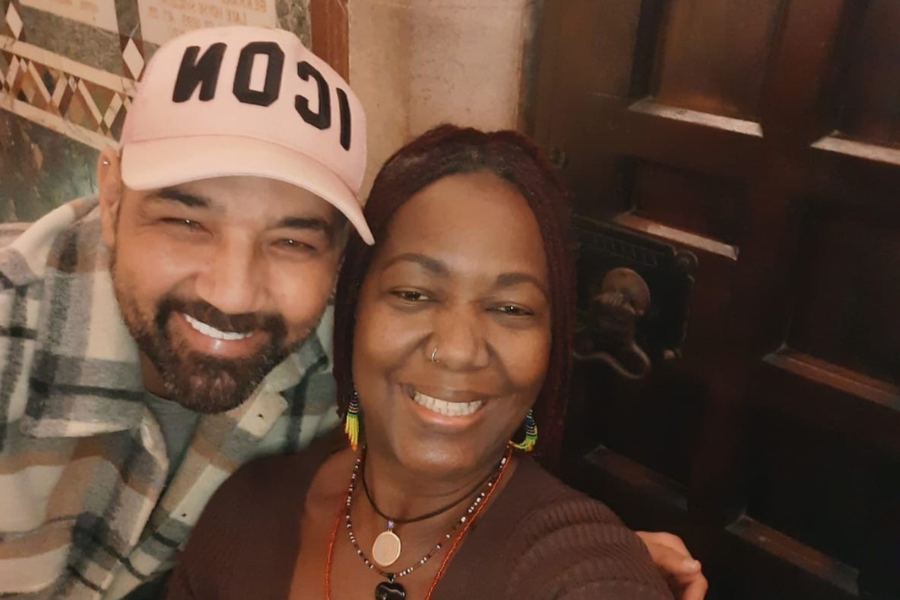
Hamish on Tony Allen
Tony Allen was the drummer for Fela Kuti, one of Africa's most revolutionary musicians. Together they created Afrobeat – an innovative fusion of West African Highlife and Yoruba rhythms with American funk and jazz.
My mum is Black African and my dad is White British, and I spent parts of my childhood in Malawi and Kenya, hearing both Western and African sounds. Discovering Afrobeat felt like it fused both sides of my heritage. It was born in 1960s Nigeria – a time of independence and change – but its influence travelled worldwide. Even today, you can hear Tony’s rhythms influencing genres from jazz to pop to electronic music.
For me, music has always been a sanctuary: a way to connect with myself when I might have felt disconnected from the people and the world around me. I've felt that way many times due to living with HIV. Tony Allen is an unsung hero whose drumming reshaped music and who was, as Brian Eno put it: 'perhaps the greatest drummer who has ever lived.'
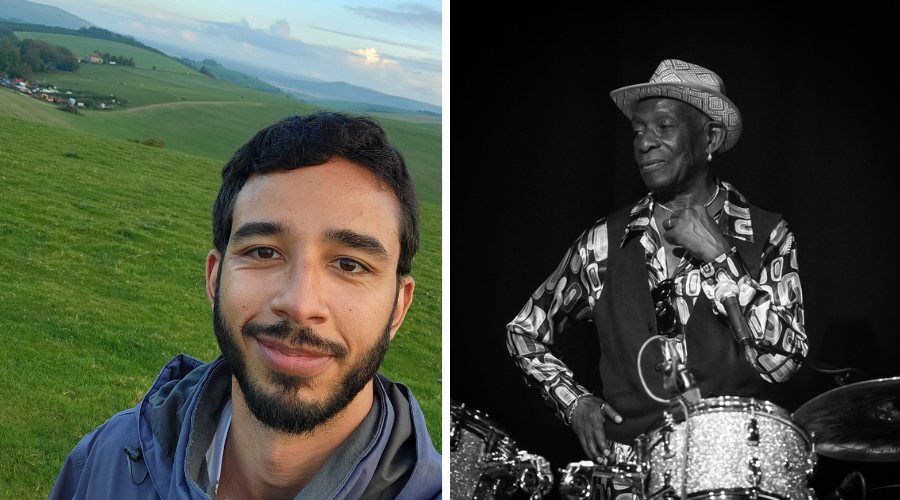
Together, these stories remind us that heroes come in many forms.
Terrence Higgins Trust is proud to stand alongside communities in challenging HIV-related stigma and racism, and amplifying voices that need to be heard.
Find out more about booking a talk from our lived experience speakers.


